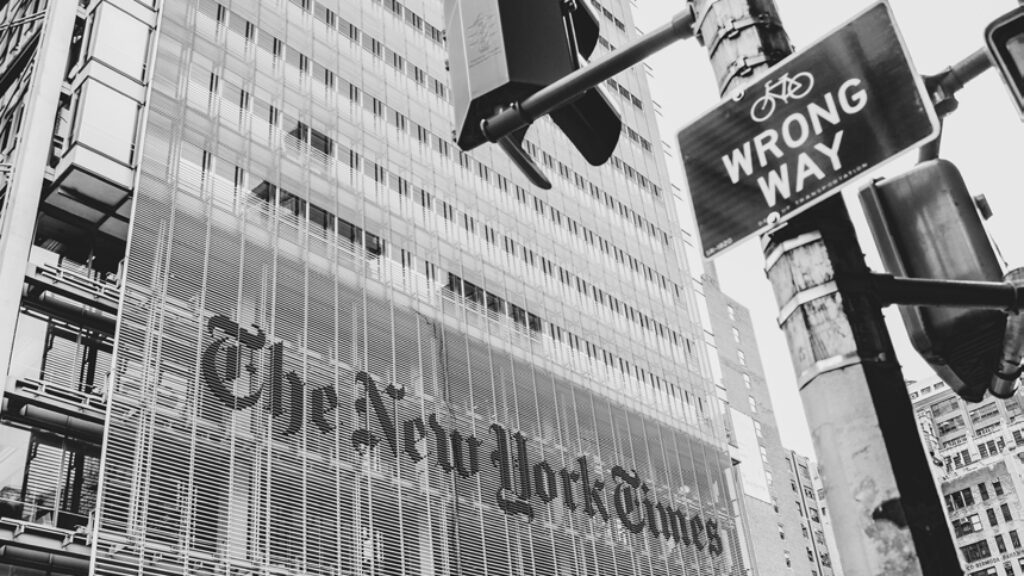The Jewish World of Alexander Hamilton
Ellie Glickman, Solomon Fellowship Class of 2024
Lining the bookshelves of American history, Jewish history, and all- around history buffs lately is Andrew Porwancher’s The Jewish World of Alexander Hamilton, a biography that dissects the Founding Father’s unique allyship to the Jewish community. From possibly having Jewish heritage to ensuring Jewish security in America, Hamilton’s proximity to the Jewish community is gravely under-represented. The Jewish World of Alexander Hamilton is innovative not only in its subject matter but also in
its narrative method. While focusing on the relationship between Hamilton and the Jewish people, Porwancher tells four histories: Hamilton’s life, his interactions with the Jewish community, the social climate within the Jewish community, and the perception of Jewish people at the time.
Divided into 8 chapters, Porwancher’s biography explores Hamilton’s life, from his childhood to his legacy in government. From his early life attending a Jewish school in St. Croix to assuming a role as emissary to the Jewish community, Hamilton’s ties to the Jewish people run deep. In his political career, Hamilton was consistent in advocating for religious freedom and freedom of expression, and regularly represented Jewish clients in his law practice. Porwancher also sheds light on Jewish history in America, from Sephardi settlers to the establishment of educational institutions and the Jewish presence in universities—including Hamilton’s alma mater, Columbia.
The Jewish World of Alexander Hamilton delves into the art of community building. Porwancher explores the challenges and resolutions that need to be overcome when establishing a new society. The political founders of America were creating a new government from scratch, devoid of monarchs and theological structures to lead them, and designing what their country would look like and how it would be governed. For the Jewish community, America’s founding principle of religious liberty created a new sense of security that had never before been afforded to them in such a lasting manner. Instead of focusing on survival, for the first time, Jewish communities in the diaspora could learn how to thrive.
While all of the details of Hamilton’s life are thrilling, Porwancher shines in the “Introduction” and “Epilogue.” The biography opens with the Elie Wiesel quote: “In Jewish history, there are no coincidences.” This sets the tone for the biography as an unraveling tale of Jewish connections, instead of random Jewish cameos. Porwancher then suggests that Hamilton’s story represents the Jewish presence in America. He shares that the neglect of Hamilton’s Jewish allyship in the works about his life is demonstrative of greater Jewish erasure throughout secular history. These more personal segments of the book inspire the reader to strengthen their critical lens when thinking about the untold stories of history. For Jewish American readers, the “Introduction” and “Epilogue” also provide an opportunity to reflect on the conflicts and responsibilities that come with being members of a secular society and the Jewish people.
Porwancher frames Hamilton’s narrative as a means to understand the great story of Jewish resilience. He retells the classic tale of the American Revolution from a new angle, making the biography engaging for both scholars of history and newcomers alike. All history-conscious readers should read The Jewish World of Alexander Hamilton, but especially Jewish readers navigating life in the diaspora. To understand the present, one must understand the past, and Andrew Porwancher tells Jewish and American history as the interwoven tale that it is.
Ms. Ellie Glickman is a junior at Hyman Brand Hebrew Academy. She resides in Overland Park, Kansas.
Suggested Reading

Why Every Jewish Child Should Go to Sleepaway Camp
BY SAMUEL FIELDS In my generation, children deal with a wide range of challenges. Mental health struggles, issues in school, interpersonal problems with friends and family, and more. Growing up…

More Than Football
BY FRANKIE TORKIN In my last interview for the Solomon Journal, I spoke with Generation Z (Gen Z) Americans who decided to make the leap to join the Israel Defense…

The New York Times: A Bias Analysis
BY ADIEL RAMIREZ The New York Times is one of the most trusted news sources in the world. It is the newspaper of record in the United States. Any reputable…

David and Goliath: A Deeper Look at the Underdog Story
BY GILA GRAUER In Sefer Shmuel, the book of Samuel, the story of David and Goliath tells the narrative of a young shepherd who defeats a giant warrior. Goliath is…